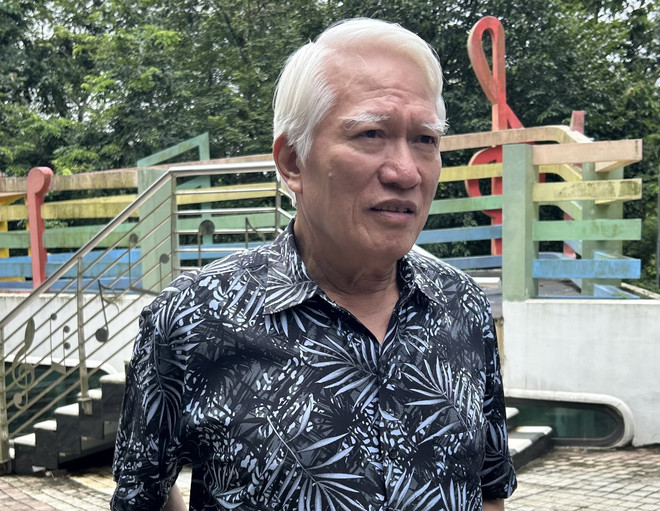Science, technology drive Vietnam to new era: Scholars

Hanoi, August 22 (VNA) — Science and technology have played a key role in transforming Vietnam from a war-torn country into a dynamic, globally integrated nation over the past 80 years, and remain central to the country’s sustainable and inclusive development in a new coming era, according to scholars.
Notably, science and technology are crucial for marine economy development. According to Assoc. Prof. Dr. Nguyen Chu Hoi, Vice President of the Vietnam Fisheries Society and a deputy to the 15th National Assembly, to unlock the full potential of the marine economy, science and technology must take the lead. He called for bold policies to attract overseas Vietnamese and international experts, similar to how President Ho Chi Minh supported the oil and gas sector or how French scientist Alexandre Yersin advanced science in Vietnam.
Recalling the past milestone policy for agriculture transformation known as "Contract 10," mirroring the agricultural reform that empowered farmers and boosted production, Dr. Hoi proposed a similar policy for science and technology. Such a breakthrough policy will become a strong boost, create great momentum and attract talent, he noted.
He also underscored the importance of aligning the Sustainable Marine Economic Strategy to 2030 with a vision to 2045 with ongoing political reforms and environmental protection. Unified governance of merged coastal provinces could open new, investor-friendly economic zones.
Science, innovation, and the path to dustainable development
Prof. Dr. Sci. Dang Huy Huynh, ASEAN Biodiversity Hero and Chairman of the Vietnam Heritage Tree Council, reflected on the wartime contributions of science, highlighting innovations such as Prof. Tran Dai Nghia’s military inventions, the A12 and DKB missile systems, and technologies developed by the Military Technical Institute.
Since 1975, scientific advancements have fueled progress in agriculture, information technology, biotechnology, engineering, and biomedicine. Prof. Huynh cited notable achievements, including Soc Trang’s high-quality fragrant rice varieties, jack-up drilling rigs operating in 90-meter-deep waters, and the construction of super-heavy offshore oil platforms, bringing Vietnam closer to regional and global leadership.
With science, technology, innovation, and digital transformation recognised as key drivers of growth, Prof. Huynh emphasised the need to integrate scientific expertise into policymaking and governance. He called for stronger incentives for researchers, better working conditions, and increased public recognition of scientific contributions.
He also underlined the urgency of legal reform, advocating for greater autonomy for scientists and research institutions to initiate or commission projects. This would ensure that innovation is practical, responsive, and demand-driven. Furthermore, he proposed expanding international cooperation by supporting world-class laboratories, global research networks, and open data systems.
By dismantling outdated barriers and leveraging both domestic and international expertise, Vietnam can ensure that science and technology remain the cornerstone of national development - sustainable, resilient, and inclusive./.





